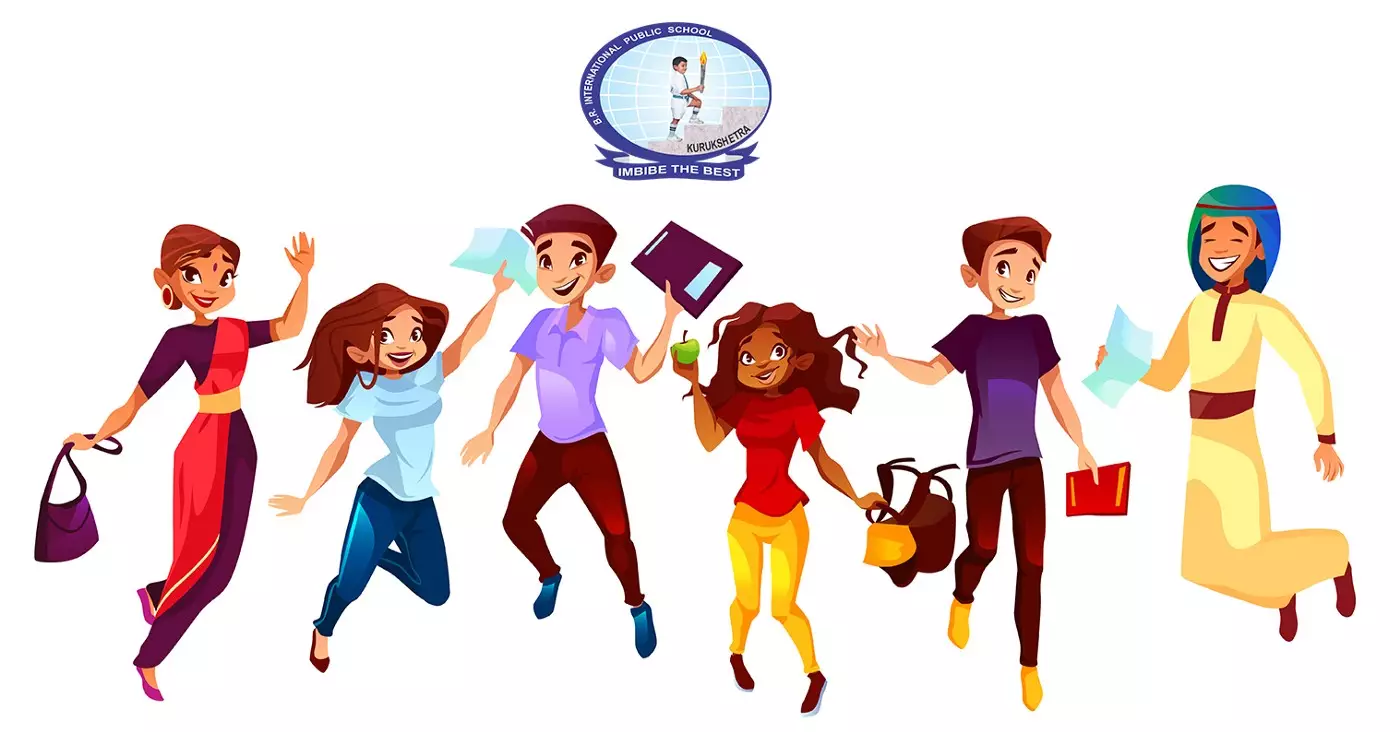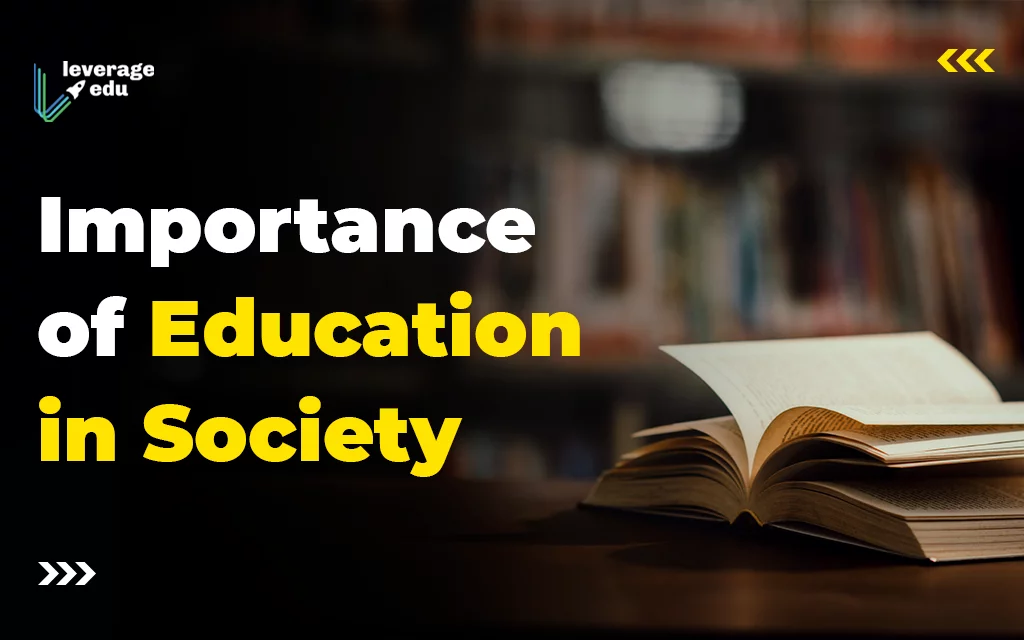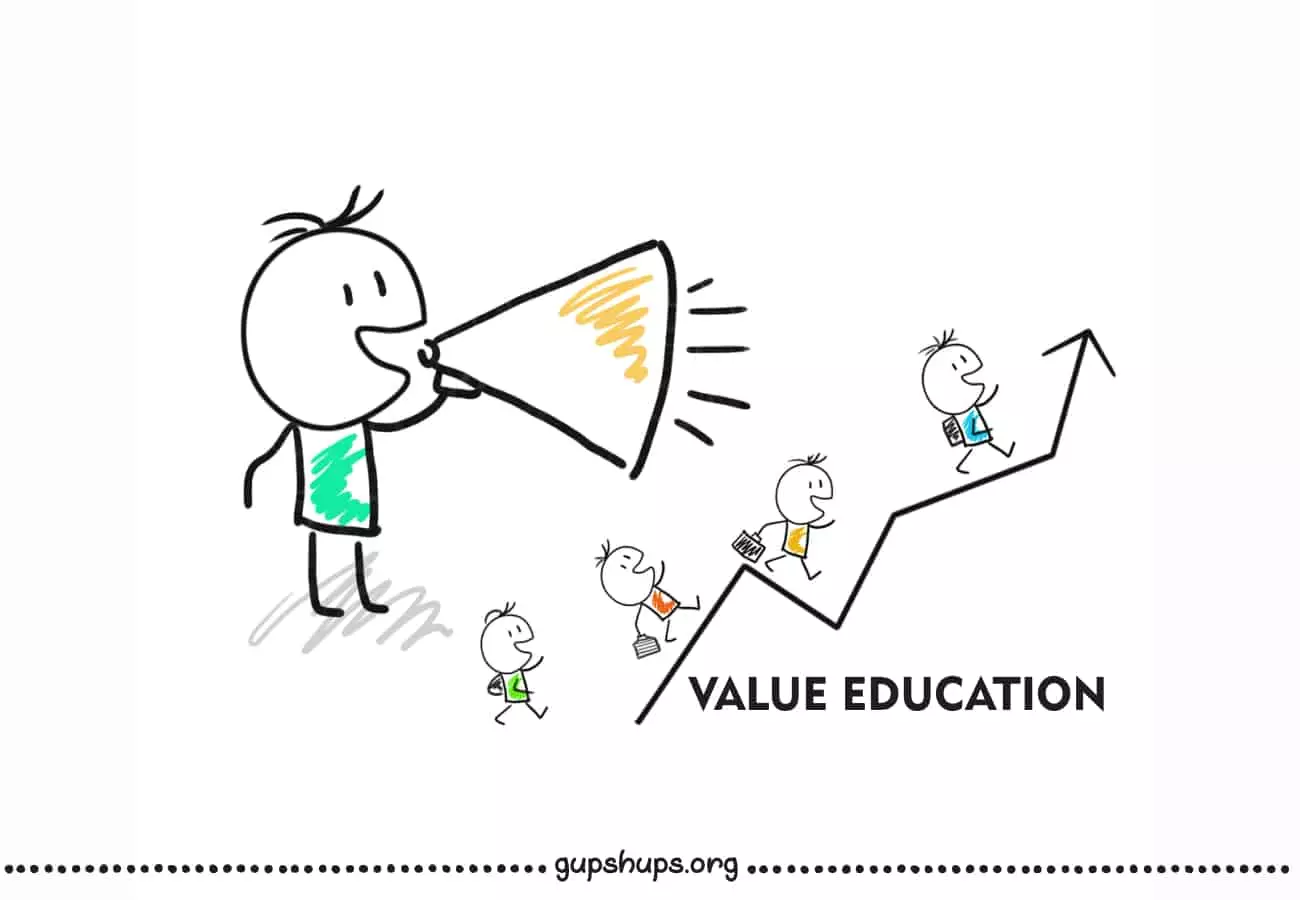How education help in Physical, Intellectual, Emotional Development.
Education Role in Physical Development:
Aim of physical education, like general education, is to develop human personality in its totality well planned activity programs. In other words, physical education aims at the all round development of the personality of an individual or wholesome development of human personality and it includes physical, mental, social, emotional and moral aspects to make an individual a good citizen who is able to make contribution in process of nation in one’s own way.
Thus, physical education means making an individual physically fit, mentally alert, emotionally balanced, socially well adjusted, morally true and spiritually uplifted.
Education Role in Intellectual Development:
The intellectual development as a series of stages through which children make qualitative changes as they acquire new knowledge. Although this model for intellectual development in children should not be rigidly interpreted, it does offer a guide for understanding how children construct and integrate knowledge.
The approximate ages attached to the stages are variable, and we must be careful not to categorize children into a particular stage based on chronological age alone. A child does not wake up on the morning of her second birthday to find herself firmly settled into the poperational stage of development, all children capable of dealing with metaphor and analogy the day each turns 12.
In fact, a child may exhibit some behaviors that could be classified as being in the operational stage while performing other tasks that are concrete operational.
Education Role in Emotional Development:
Over the past 20 years, research has demonstrated that children’s emotional and social skills are linked to their early academic understanding. Children who have difficulty paying attention, following directions, getting along with others, and controlling negative emotions of anger and distress do less well in school. For many children, academic achievement in their first few years of schooling appears to be built on a firm foundation of children’s emotional and social skills.
Specifically, emerging research on early schooling suggests that the relationships that children build with peers and teachers are based on children’s ability to regulate emotions in pro-social versus anti-social ways and that those relationships then serve as a “source of provisions” that either help or hurt children’s chances of doing well academically. Psychologists find that children who act in anti-social ways are less likely to be accepted by classmates and teachers.
They participate less frequently in classroom activities and do more poorly in school than they are more emotionally positive, pro-social counterparts, even after one control for the effects of children’s per-existing cognitive skills and family backgrounds. One caveat is that children’s early academic skills and emotional adjustment may be bi-directionally related, so that young children who struggle with early reading and learning difficulties may grow increasingly frustrated and more disruptive.
Although our understanding of the causal and reciprocal influences of children’s cognitive, language, and emotional competencies on later academic achievement would greatly benefit from additional research, the bulk of longitudinal evidence of the importance of social and emotional adjustment for children’s success in early academic contexts is convincing and clear.





